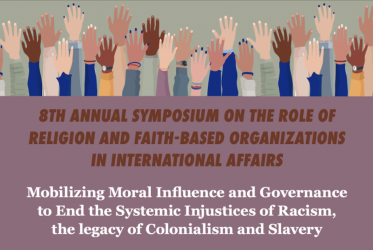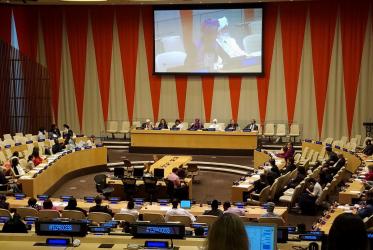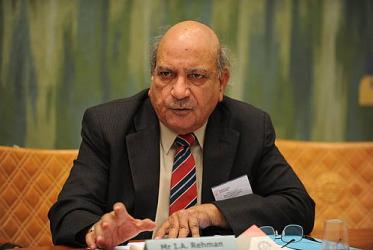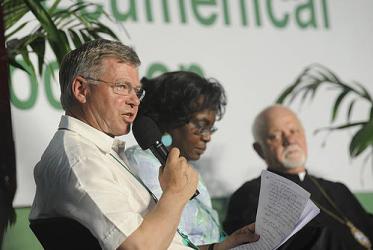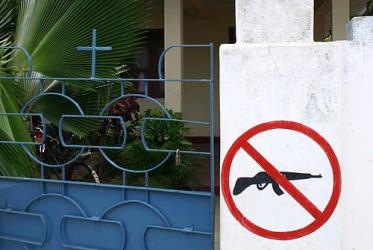Displaying 1 - 20 of 22
How racism and colonialism are exacerbating impacts of climate change
29 September 2021
Symposium focuses on religion, violence, extremism
04 February 2016
Christian leaders from Odisha visit WCC offices
16 March 2012
What does “God's security” look like?
24 May 2011
Human trafficking: violence against humanity
22 May 2011
Work for peace in Nepal: a call to the international community
28 September 2010
Accompanying Dalits in their journey to liberation
09 April 2009
Sri Lanka's "forgotten war": a call for global church advocacy
20 November 2008


